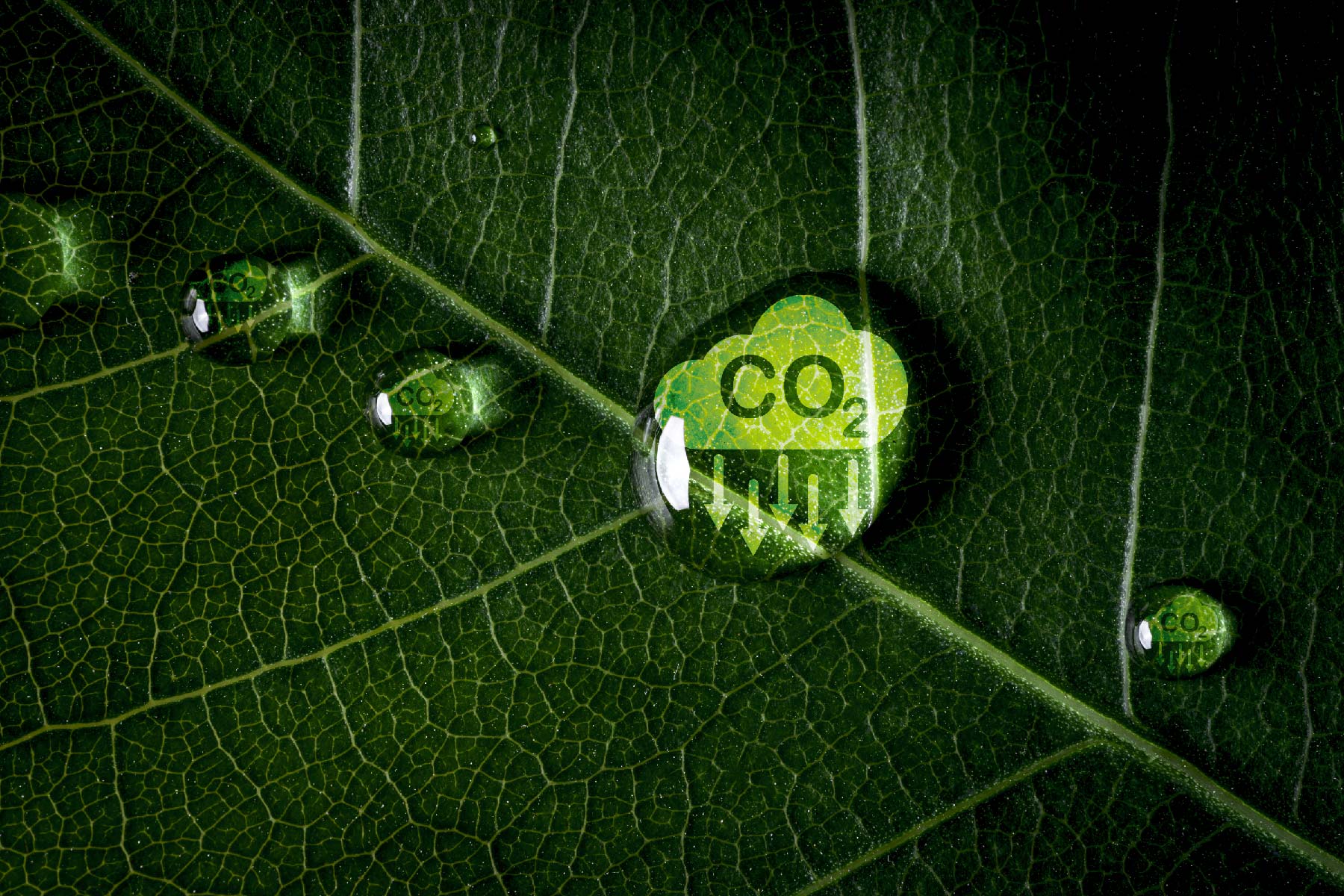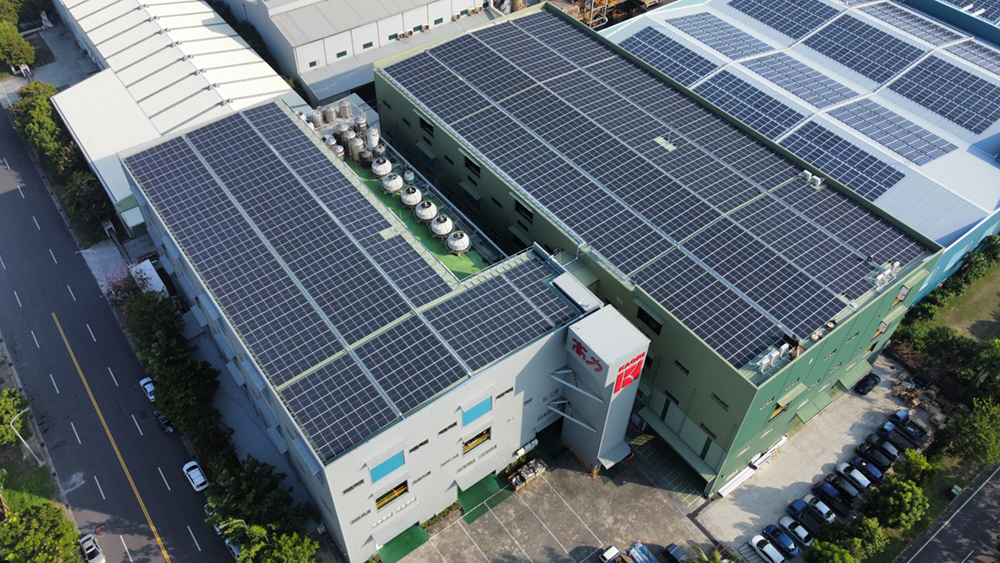Energy Transition
Successfully assisted a European heat pump manufacturer in developing heat pump heaters to replace natural gas boilers, promoting energy transition. Introduced the Z085D, the smallest dual-circuit counterflow plate heat exchanger on the market. Featuring high pressure resistance, compact size, environmentally-friendly refrigerants, microchannel design, and simplified external connection pipelines, this product offers outstanding performance.

















